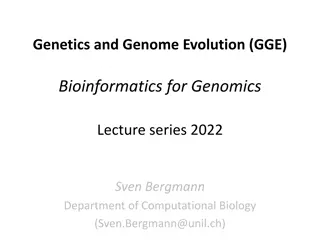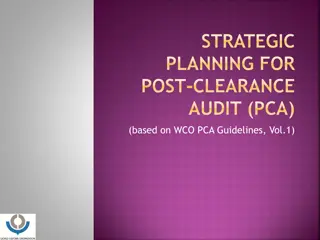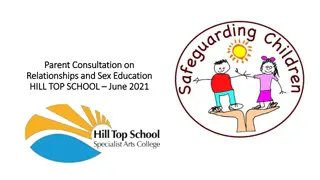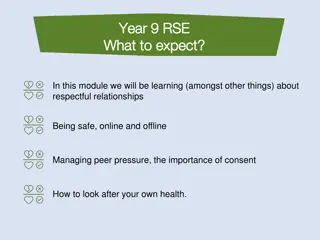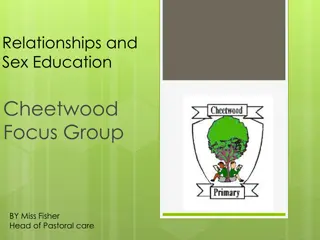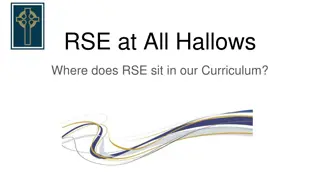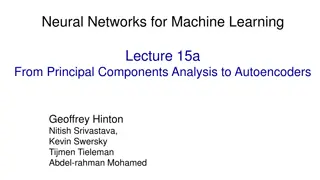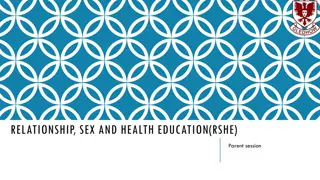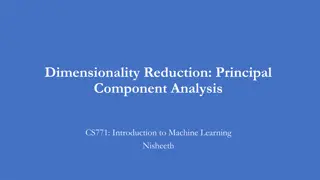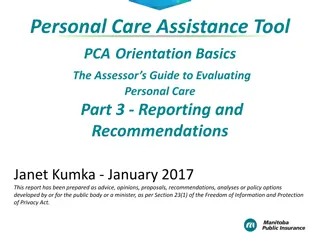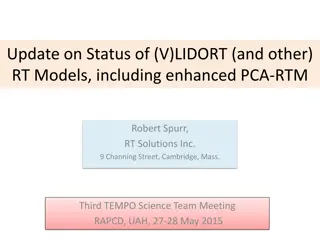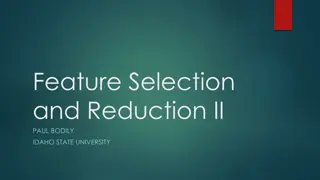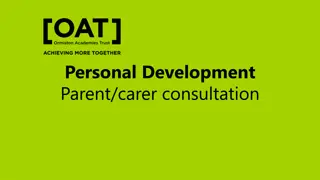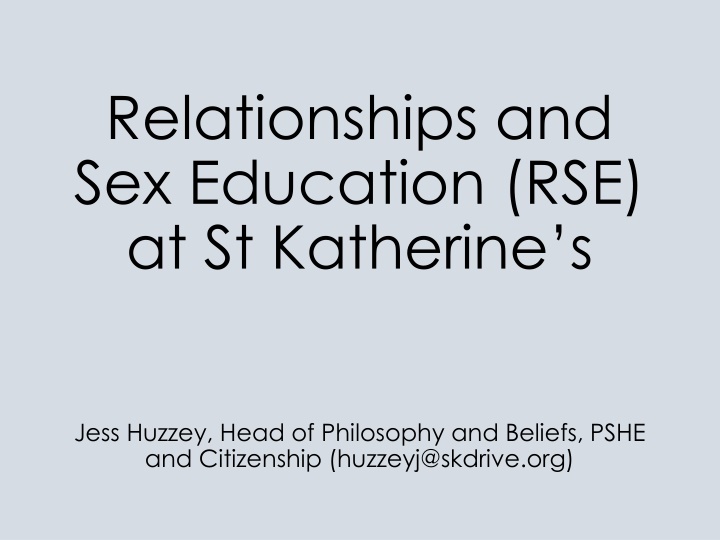
Relationships and Sex Education (RSE) at St. Katherine's
Discover how Relationships and Sex Education (RSE) is taught at St. Katherine's under the new statutory guidelines, addressing concerns, and parental rights to withdraw. Learn about the comprehensive topics covered from families to mental wellbeing and how RSE is integrated within the curriculum.
Download Presentation

Please find below an Image/Link to download the presentation.
The content on the website is provided AS IS for your information and personal use only. It may not be sold, licensed, or shared on other websites without obtaining consent from the author. If you encounter any issues during the download, it is possible that the publisher has removed the file from their server.
You are allowed to download the files provided on this website for personal or commercial use, subject to the condition that they are used lawfully. All files are the property of their respective owners.
The content on the website is provided AS IS for your information and personal use only. It may not be sold, licensed, or shared on other websites without obtaining consent from the author.
E N D
Presentation Transcript
Relationships and Sex Education (RSE) at St Katherine s Jess Huzzey, Head of Philosophy and Beliefs, PSHE and Citizenship (huzzeyj@skdrive.org)
Relationships and Sex Education (RSE) What has changed with the new statutory guidelines? How are we doing things at St Katherine s? How can we address any concerns?
Relationships and Sex Education (RSE) From September 2020, it has been compulsory to teach: Relationships and Sex education Physical health and mental well-being Changes to parents Right to Withdraw have also been made
RSE: by the end of secondary school, pupils should have been taught about (topics): Families Respectful relationships, including friendships Online and media Being safe Intimate and sexual relationships, including sexual health The law and how it relates to these issues
Health: by the end of secondary school, pupils should have been taught about: Mental wellbeing Internet safety and harms Physical health and fitness Healthy eating Drugs, alcohol and tobacco Health and prevention Basic first aid Changing adolescent body
Parents right to withdraw has changed Parents have the right to withdraw their child from all or part of the sex education delivered as part of statutory RSE Not from sex education as part of the science curriculum Not from any other part of PSHE, such as Health or Relationships Education Up to and until three terms before the child turns 16. After that point, if the child wishes to receive sex education rather than be withdrawn, the school should make arrangements to provide the child with sex education during one of those terms. Parents should address any queries or concerns about the curriculum to the Head of PSHE (huzzeyj@skdrive.org) in the first instance Requests to withdraw students will be granted after discussion in all but exceptional circumstances
How RSE is delivered at St Katherine s As part of PSHE fortnightly timetabled lesson in KS3 and in Society and Culture lessons in KS4. Through the tutor programme in sixth form. Delivered by a small team of humanities teaching staff. Occasionally, with input from specific external agencies E.g. Brook
Example unit of work (Relationships) Year 8 Unit: Identity and Relationships 1. Gender diversity 2. LGBTQ+ and pride 3. Love and respect 4. Long-term relationships 5. Abusive relationships 6. Online sexual harassment 7. The dangers of sexting
Example unit of work (Sex) Year 9 Unit: Intimate Relationships 1. Readiness for sex 2. Consent 3. Risks of unprotected sex 4. Objectification and gender double standards 5. Sexual bullying 6. Sex in the media
Example lesson activity (yr 9) Readiness for Sex Do now: In small groups, pick your three favourite quotes about love or sex. Which do you like and why?
Example lesson activity (yr 9) Why do people choose to have sex for the first time? Read through reasons people give about why they have their first sexual experience and complete the two columns. Perhaps rank the top five most common reasons and put a tick or cross in the good/bad column.
Misconceptions and Concerns The curriculum and lessons are designed to be age appropriate. Teachers have drawn from their own experience and from advice from agencies such as the PSHE Association. RSE will expose my child to content that they are not yet mature enough for.
Misconceptions and Concerns A well-structured lesson delivered by trained professionals provides an excellent opportunity for misinformation to be challenged. Strict ground rules ensure students do not share personal information and speak respectfully. Encouraging conversations about sex will result in my child being exposed to misinformation from peers or feeling alienated.
Misconceptions and Concerns RSE aims to keep children safe and prepare them for life beyond school, promoting respect for diversity, in alignment with the school s values and in compliance with the Equalities Act (2010). RSE at school may promote a lifestyle or an agenda that I don t agree with.
Consultation with parents We understand that parents are the first teachers for their children you have the most significant influence in enabling your children to grow, mature and form healthy relationships In order to support you with this, we need to keep you informed about what we will be teaching in school and when.
Parent and Carers Feedback questionnaire We collect feedback from students about their learning experience in PSHE through anonymous surveys We will also be requesting feedback from parents and carers about RSE in the near future Email me with any concerns or queries: huzzeyj@skdrive.org


